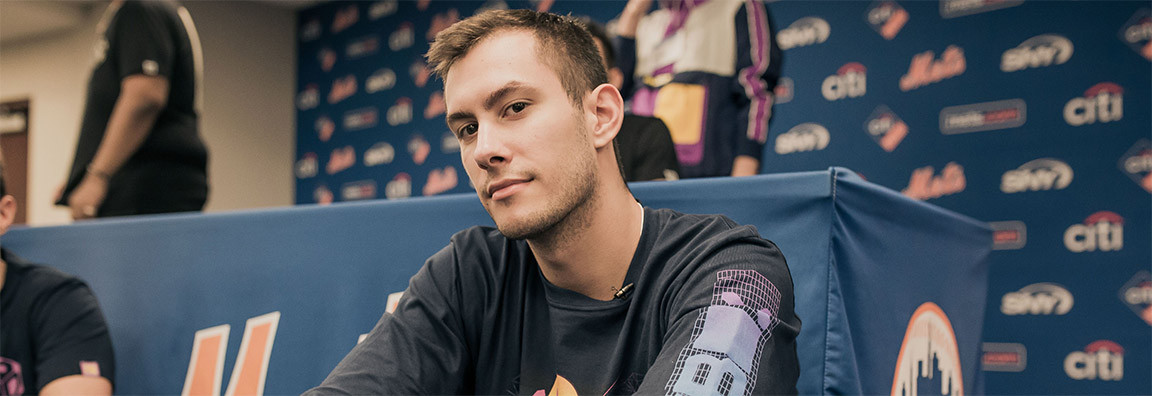|
Part 2: Modern Warfare Competitive Modes |
|
| Part 3: Modern Warfare Maps and Meta | Part 4: Subliners Tournament Performance |
| Part 5: Versatility, Gaps, and Goals | Part 6: Coach, Player, Mentor |
| Part 7: The Risks of Playing Esports | Part 8: Bridging the Gap Between Casual and Hardcore Fans |
| Part 9: Coaching in Sports Vs. Esports | Part 10: Hard Work and Defining the Best Teammate |
| Part 11: New York and Franchising | Part 12: Subliners Culture, Creativity, and Quirks |
| Part 13: The Future of the Subliners |
Part 9: Coaching in Sports Vs. Esports
Tim
Can you share some tips for people looking to coach or mentor other players?
Boble
Always try to relate to your players.
One thing I learned growing up and a lesson that everybody tries to instill in the younger generation is walk a mile in someone else's shoes. How would a player think about this? How would a manager think about this? How would a dev think about this?
Trying to understand all of these different points of view can really help you out when it comes to relating to the people that you're talking to.
I would also say make sure everybody's being treated equally within the team. All the things that you would find coaching a traditional sports team, a lot of that can be applied to esports.
It definitely helps that I'm a past player so I can help in-game. But from an outside point of view, make sure everybody on the team is happy and make sure that people look forward to coming and playing each and every single day. Make sure that it's a positive environment, and a productive one at that.
I guess I don't really have any specific tips and tricks to become a better coach, but knowing the big picture and knowing how everything works will definitely aid you in your coaching.
Tim
You said coaching in esports is very similar to coaching in sports. What are the differences?
Boble
It might not seem as big of a difference, but having a conversation face to face is a lot different than having one over the microphone.
I was fortunate enough that when I was growing up, I had really good coaches for my baseball and bowling teams. I say some of the same phrases that were said to me when I was playing baseball or competing at a young age.
Another big difference is that the chemistry, especially in Call of Duty between the teams, and I'd even say across all esports is a lot bigger. You see more of an impact with the chemistry in esports than I would say in traditional sports.
For example, I played baseball. If we needed a shortstop, we could hold tryouts and get anybody who could play shortstop. If I got along with the person outside of the game on a personal level, that might not necessarily have an impact on how we play baseball.
In esports, that’s not the case. Call of Duty is known for having a volatile roster period. A big reason why all of these teams tend to break up is that the chemistry just falls apart.
I find that for esports versus traditional sports, we spend a lot of time making sure that everybody's always getting along. Not saying that fights don't happen, but we try to make sure that when we do have a discussion about the game, nobody takes it personally.
We're not attacking somebody because they made a bad play. We're just all here reminding everybody that we're trying to win and we want you to make the best plays.
Tim
Do you have any go-to mottos or expressions that you often tell your team?
Boble
Just little bullet points that the players definitely already know, but they're nice to reinforce before going into a big match.
Don't rush to close the game out. Don't get frantic in the comms. Don't take arguments personally. Hold yourself accountable and hold your teammates accountable. Just straight up be a good teammate.
These guys, they've been competitors for a while. They've teamed with people they like playing with, they teamed with people they don't like playing with. You want to be the best version of yourself you can be. You want to be the best teammate to the guys who are playing right next to you.
| Part 8: Bridging the Gap Between Casual and Hardcore Fans | Part 10: Hard Work and Defining the Best Teammate |
